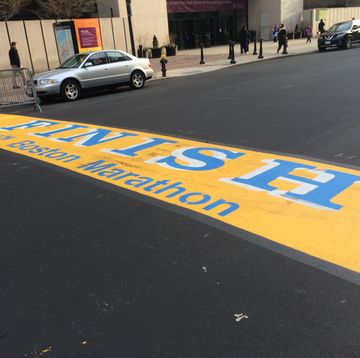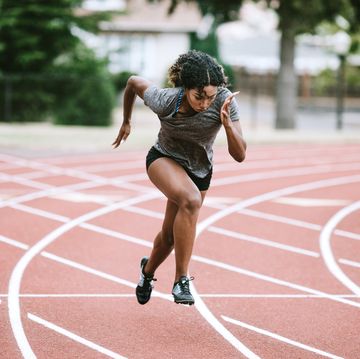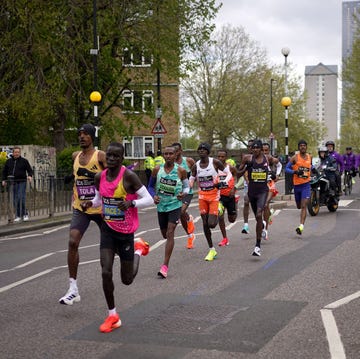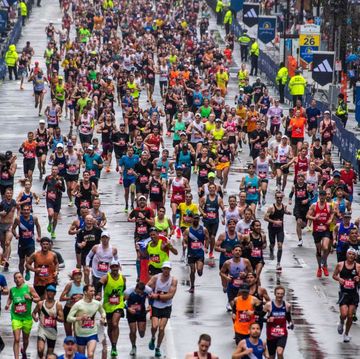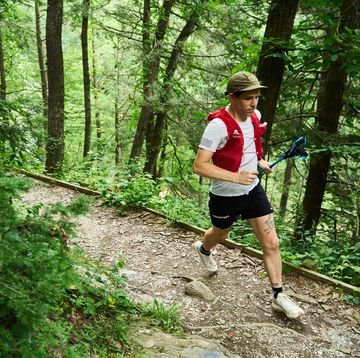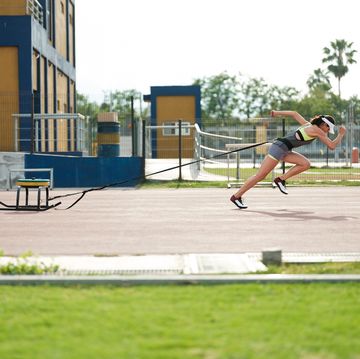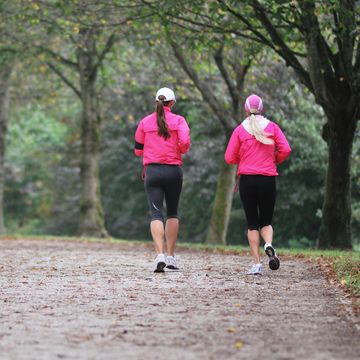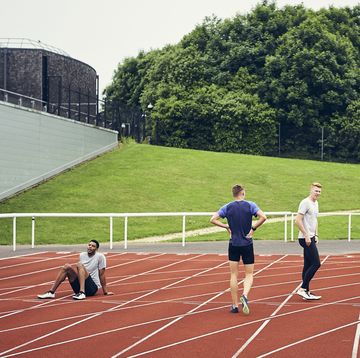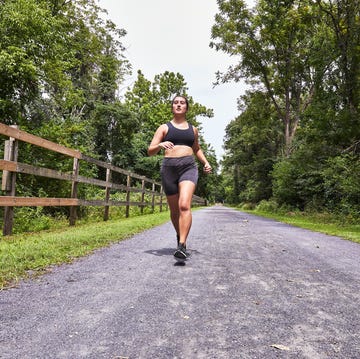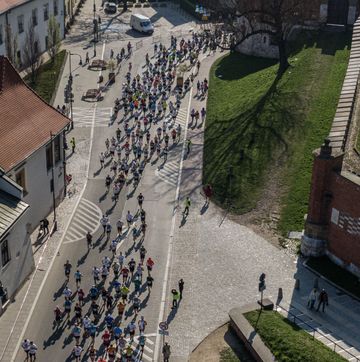With two All-American trophies to his name, University of Colorado freshman Ben Saarel is wasting no time in making significant contributions to the Buffaloes’ powerful distance crew. Last fall, Saarel led Colorado to the NCAA cross country team title with an eighth-place finish. He was the school’s first true freshman to earn All-American honors in cross country in 12 years.
A 2013 graduate of Park City (Utah) High School, Saarel finished fourth at the 2012 Foot Locker National Cross Country Championships and went on to a record-breaking senior track season. His 8:45.74 for 3200m at last April’s Arcadia Invitational was the year’s top mark and lopped nearly 9 seconds off the previous Utah state record. In addition to 800m and 1600m Utah state titles, Saarel also ran to victory at last May’s Adidas Dream Mile with a 4:02.72 mark. In that race, run in chilly, damp conditions with blustery winds, Saarel unleashed a sub-56-second final 400m to nab the victory.
Saarel raced sparingly during the 2014 indoor season, but was nevertheless in peak form as he surprised with a third-place finish in the 3,000m at nationals. Now getting started outdoors with a 1:51.11 800m victory and personal best at the April 12 Colorado Invitational, Saarel will be expected to continue his precocious string of freshman performances. Running Times spoke with him a couple days before the Colorado Invitational, held at CU’s Pott’s Field Track in Boulder.
Running Times: Coming out of high school it seemed you had all the bases covered, with really good range from 800m up to 5,000m, plus a lot of experience against national caliber competition. Has the transition to one of the best Division I programs and a higher level of competition been as smooth as you’ve made it appear? Have there been any difficulties making the adjustment?
Ben Saarel: Yeah, it’s been a pretty smooth adjustment overall in terms of running. The program here really brings people along and develops the runners. The coaches have been patient with me and didn’t expect too much out of me at first. So it was easy for me to get used to the team and understand the system, and then as the cross country season progressed, I got better and better. I think for anybody it’s a bit of a jump from high school to college because everybody is so much faster, but the way the program is set up here makes that transition as smooth as possible. One thing that’s been tough is balancing the academics with the running. In high school academics were tough but it was a lot more manageable. So that was the hardest part of the transition, taking care of things outside of running.
RT: You mentioned the faster speed of collegiate racing. Has the primary change in your training been higher intensity, or has your mileage also increased significantly?
BS: In high school, I got my mileage up into the 70s. Nowadays it is higher but not significantly higher. My coaches and I understand that it’s a process of becoming a better runner, and bumping my mileage up to 100 a week wouldn’t do me any good in the long term because it might prevent development as well as lead to injury. My mileage has increased probably five to ten miles a week tops, and so I’m now doing about 80 to 85. So it’s been a slow type of progression, and the same with the workouts. I had some tough workouts in high school, but here the intensity is stepped up and I keep reminding myself to recover or take a day off when something is bothering me so I don’t injure myself.
RT: I imagine adjusting to the 8K and 10K race distances last fall was an adjustment as well.
BS: It’s definitely a big jump from three miles in high school, and the speed is so much faster. In high school you have to run five minute pace to be competitive on the national level, while in college you’re expected to run 10 to 20 seconds faster per mile for double the distance. So it’s a big challenge and strain on your body, and the big races take a lot out of you physically and mentally. Yeah, three or four meets in a season at 8K or 10K is about all you really want to do.
RT: Coming off your tremendous cross country season, what sort of down time did you have and how did you approach the indoor season?
BS: I took a week off where I didn’t do anything and then slowly started building back up and getting the legs used to the speed on the track. The indoor season is really a springboard for the outdoor season and you can’t take it too seriously, because the focus is on outdoors.
RT: But your indoor results were hardly low-key. How surprised were you with what you did at nationals?
BS: The week before nationals I was really being pummeled hard academically and losing a lot of sleep and I kind of said to myself, if I can just pull it all together for one week maybe I can do all right and not take dead last. But I started feeling pretty good a couple days before and then in the race I found myself in position to do relatively well. At the end I was really surprised to finish that high. It was a privilege to race against those guys and kind of a shocker to me, but a lot of fun to take third.
RT: Do you find racing indoors takes more focus and intelligence than outdoors, especially because of the close quarters and sudden changes of pace?
BS: Yeah, especially at nationals, which was on a 200m banked track and we were basically jogging at the beginning—4:30-something for the first mile—and everyone was trying to find their position in the race. It was extremely tactical, because of course everyone wants to be there with 200m to go, and there’s too many guys to fit in the first two lanes of the track so there’s a lot of pushing and shoving. I was surprised at how physical it gets out there, how you kind of have to be able to hold your position. So in that sense with indoor you have to be a lot more physical and aware of where you are in the pack, because when a break happens, position is key. It was definitely an interesting experience for me.
RT: Now what about outdoors, do you have your race schedule set at this point?
BS: I think I’ll be running a couple meets coming up, getting used to turning it over and getting used to some speed. So probably some shorter events for a while and maybe one 5K. I’ll see where that takes me and whether I’ll keep running the 1500m or maybe move up. I’m planning on the 1500m at Mt. SAC [April 18]. Unless something goes wrong that’ll be my first big race.
RT: How about junior worlds this July in Eugene? Are you looking at extending your season past NCAA outdoor and running U.S. junior championships, with an eye toward world juniors?
BS: I’m not sure. I’ll need to have a discussion with my coaches and see what their position is on it, whether I should run outdoor worlds or start training for cross country. So yeah, that definitely remains to be seen.


